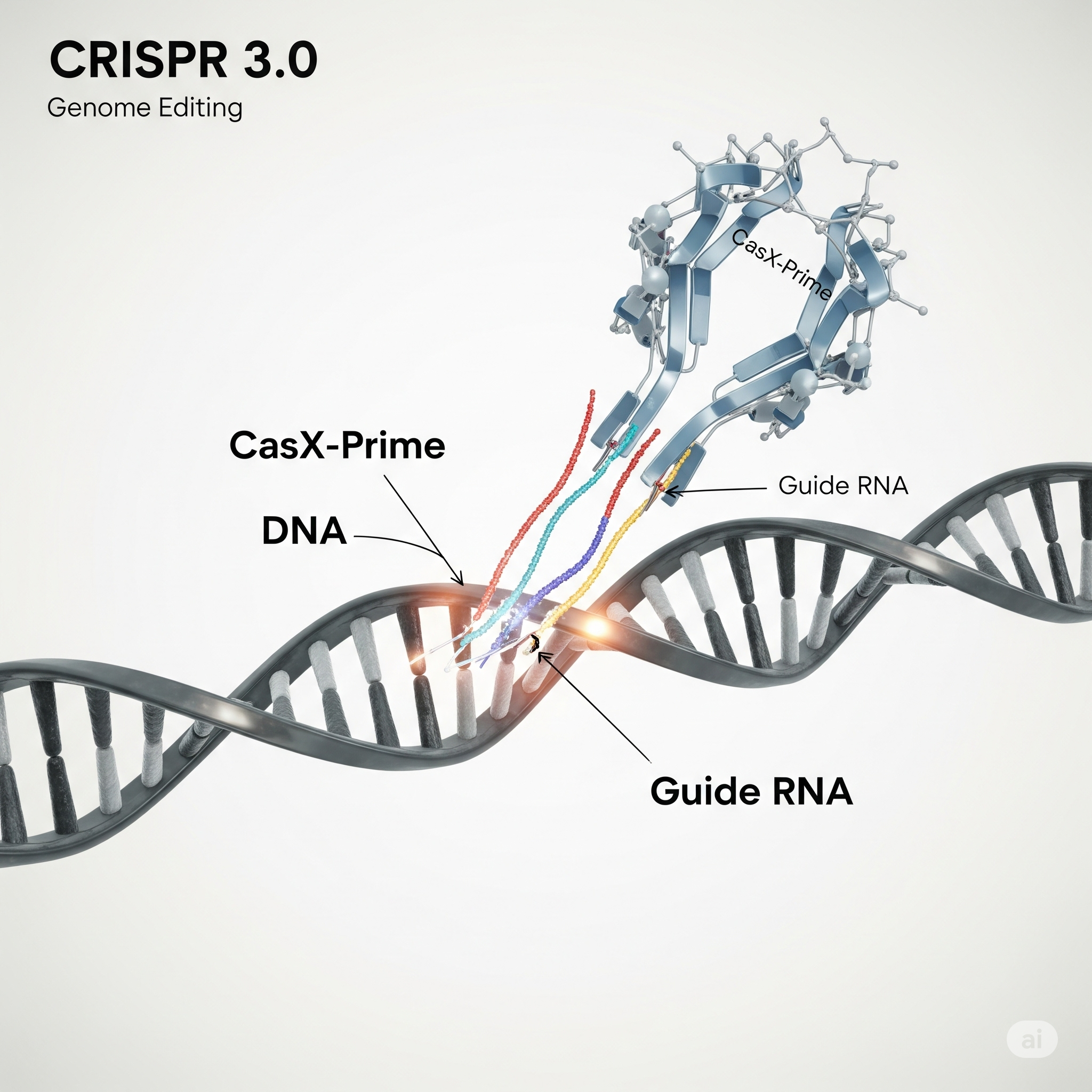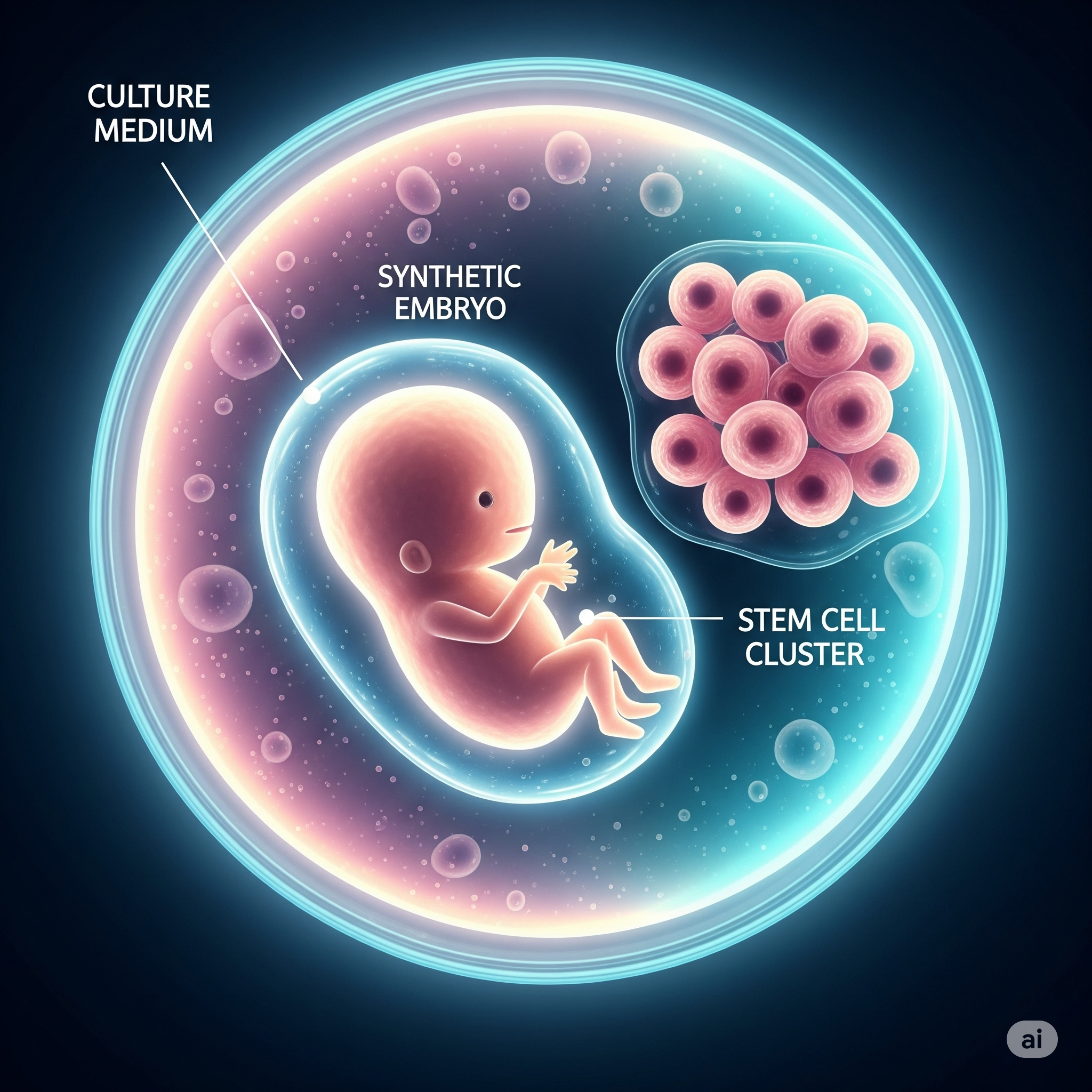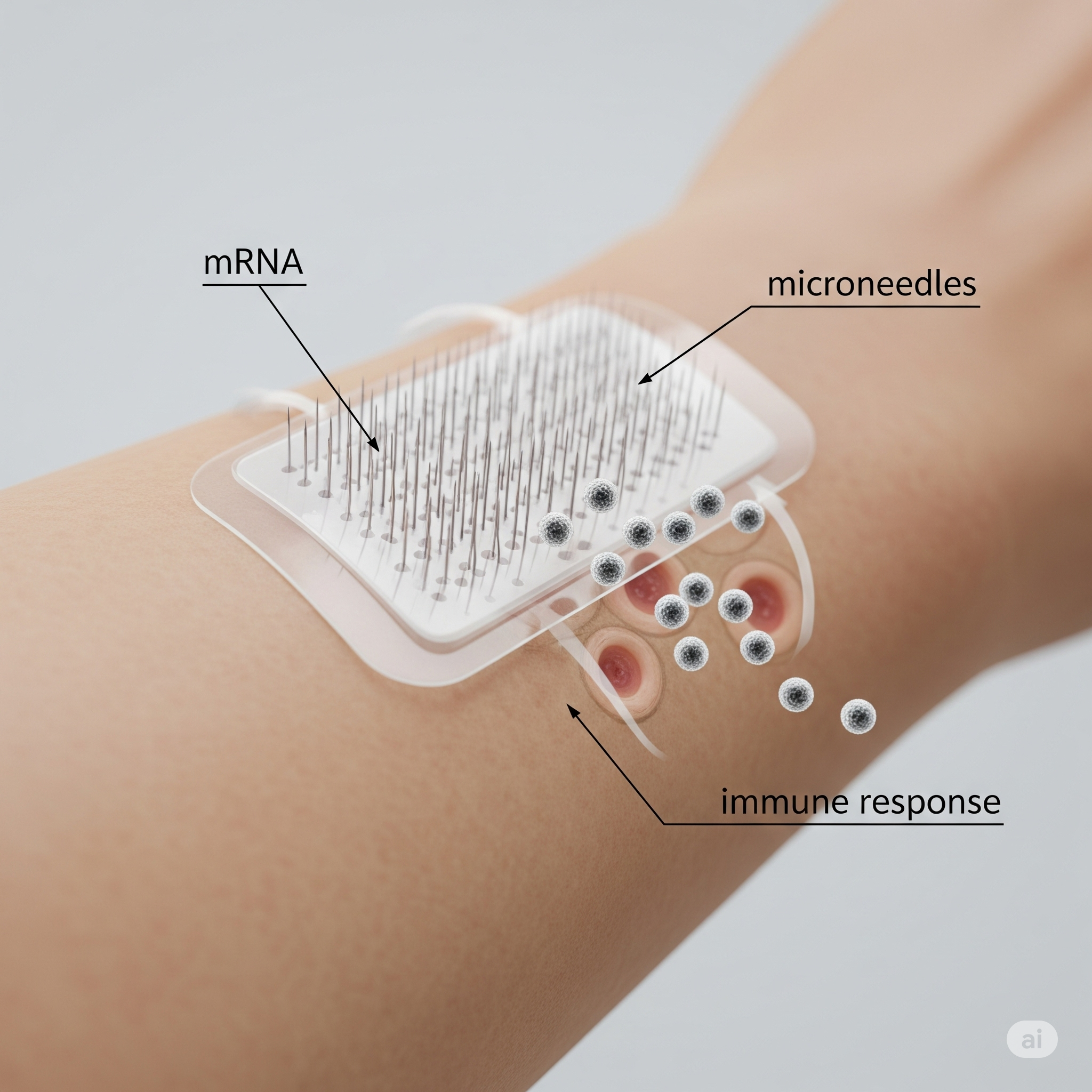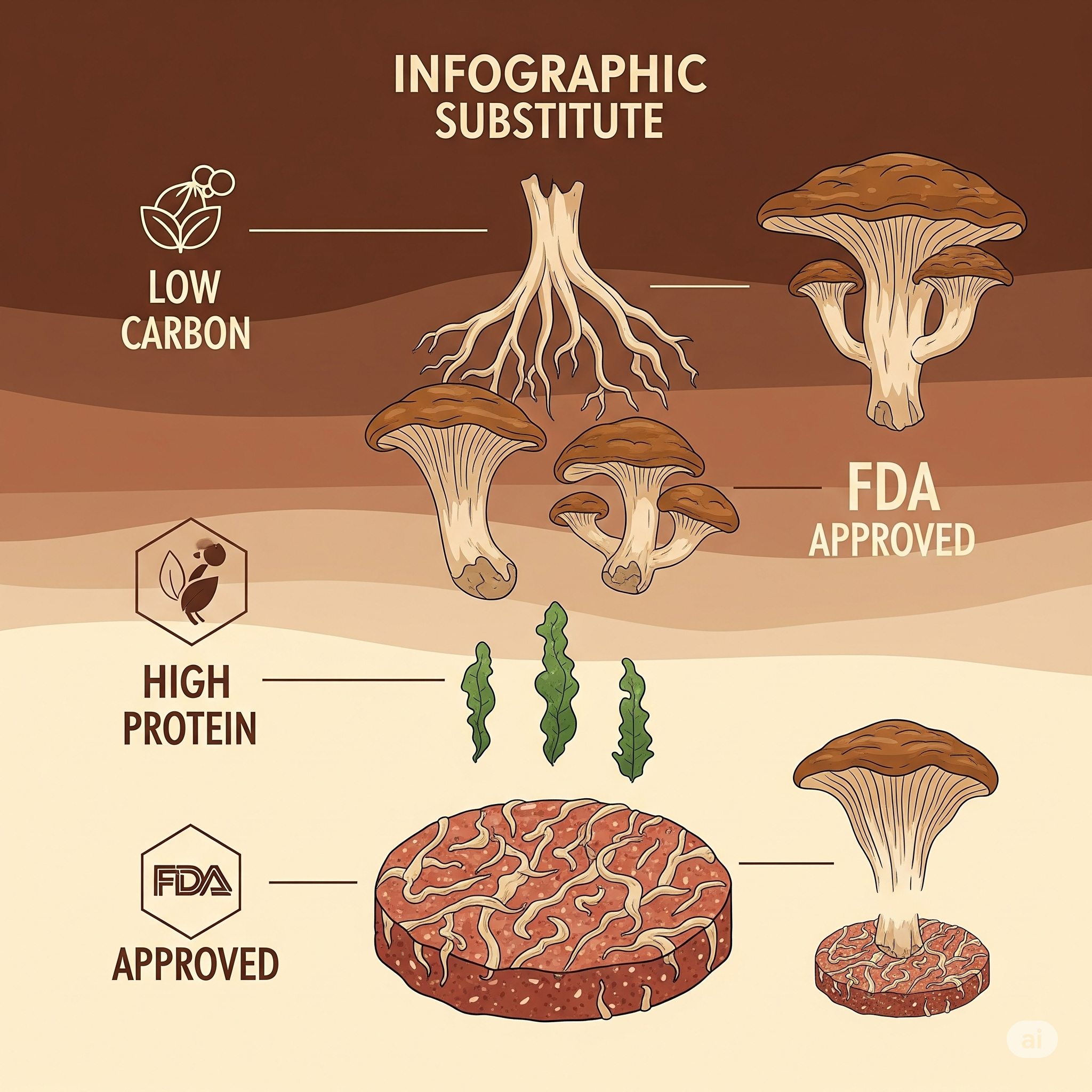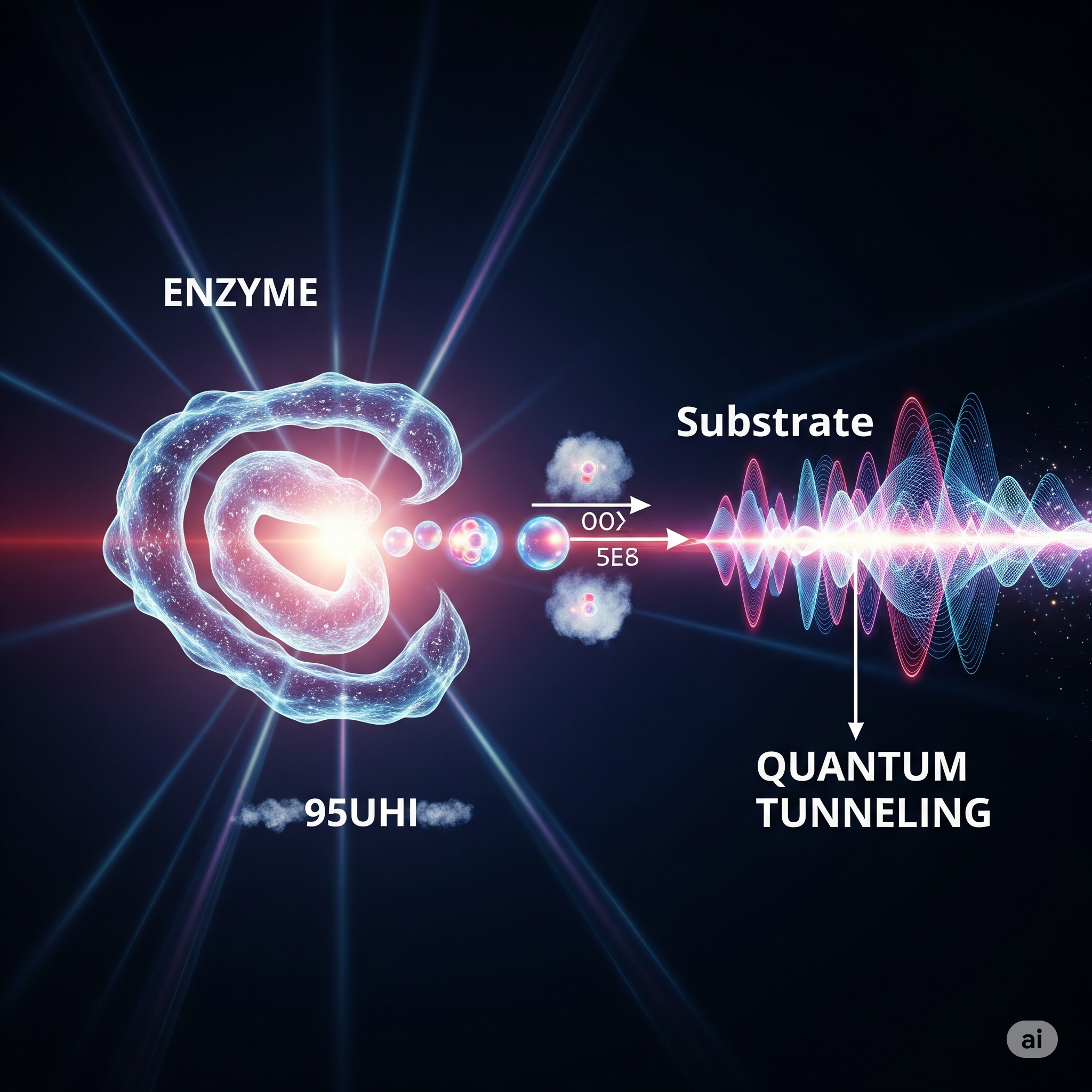CRISPR 3.0: A New Era in Genome Editing
CRISPR 3.0 represents a landmark innovation in biotechnology. Developed by leading teams at the Broad Institute and Stanford University, it offers ultra-precise editing using CasX-Prime enzymes, dual RNA guidance systems, and real-time error correction — making it the most advanced genome editing tool to date.
What makes CRISPR 3.0 special isn’t just its accuracy — it's the potential it unlocks. Now, scientists can reach previously "uneditable" DNA zones like non-coding regions, epigenetic switches, and even highly sensitive introns, with almost no unintended mutations.
🔍 What’s New in CRISPR 3.0?
- Precision: Over 99.5% on-target edits
- Dual Guide RNAs: Better targeting and less cross-reaction
- Real-Time Monitoring: Protein-linked check mechanisms catch mistakes instantly
- Faster Execution: ~10× speed compared to CRISPR-Cas9
🌱 How Might This Change Biotech?
At Decode Biotech, we believe CRISPR 3.0 is not just an upgrade — it's a revolution. Here’s how we think it changes the landscape:
- 🌿 In Agriculture: Precision editing of plant traits like drought resistance, flavor, or yield — without touching essential growth genes.
- 🧬 In Human Gene Therapy: Safer edits for diseases like sickle cell anemia, cancer, and rare genetic disorders — in real-time.
- 📊 In Bioethics: Greater control means better regulatory compliance, transparency, and trust.
🧠 Thought Starter:
If editing genes becomes as easy and accurate as editing text on a screen — who gets to decide what should be edited?
“As students and future innovators, we see this as the moment where gene editing becomes truly programmable, controllable, and globally scalable.”
— Team Decode Biotech
Synthetic Embryos: Biology Without Boundaries
In a groundbreaking move, researchers in early 2025 successfully developed **synthetic human embryos** — created without using eggs or sperm. Built entirely from stem cells, these embryo-like structures have shown the ability to self-organize and initiate developmental pathways seen in natural embryos.
This innovation raises thrilling possibilities in studying early human development, infertility, and genetic disorders — all without ethical controversies linked to traditional embryonic research. It also signals a potential shift in how we define the beginning of life, medically and ethically.
🧪 What’s Actually New?
- Cell Source: Fully stem-cell derived (no fertilization)
- Development: Structures mimic blastocyst stages with cavity, epiblast, and primitive streak
- Tools Used: 3D tissue scaffolding + microfluidic support systems
- Control: Better genetic manipulation without disrupting viable embryos
🧬 Why Decode Biotech Finds This So Important
- 👶 Fertility Research: New hope for those with infertility or embryo viability issues
- 📚 Developmental Biology: Deeper understanding of the “origin code” of human life
- ⚖️ Bioethics & Law: Urgent need to define policies around artificial life systems
🧠 Thought Starter:
If synthetic embryos can grow without parents — what defines parenthood in the age of artificial life?
“This discovery is more than biological — it's philosophical. We're entering an era where life might be created purely through code and cells.”
— Team Decode Biotech
